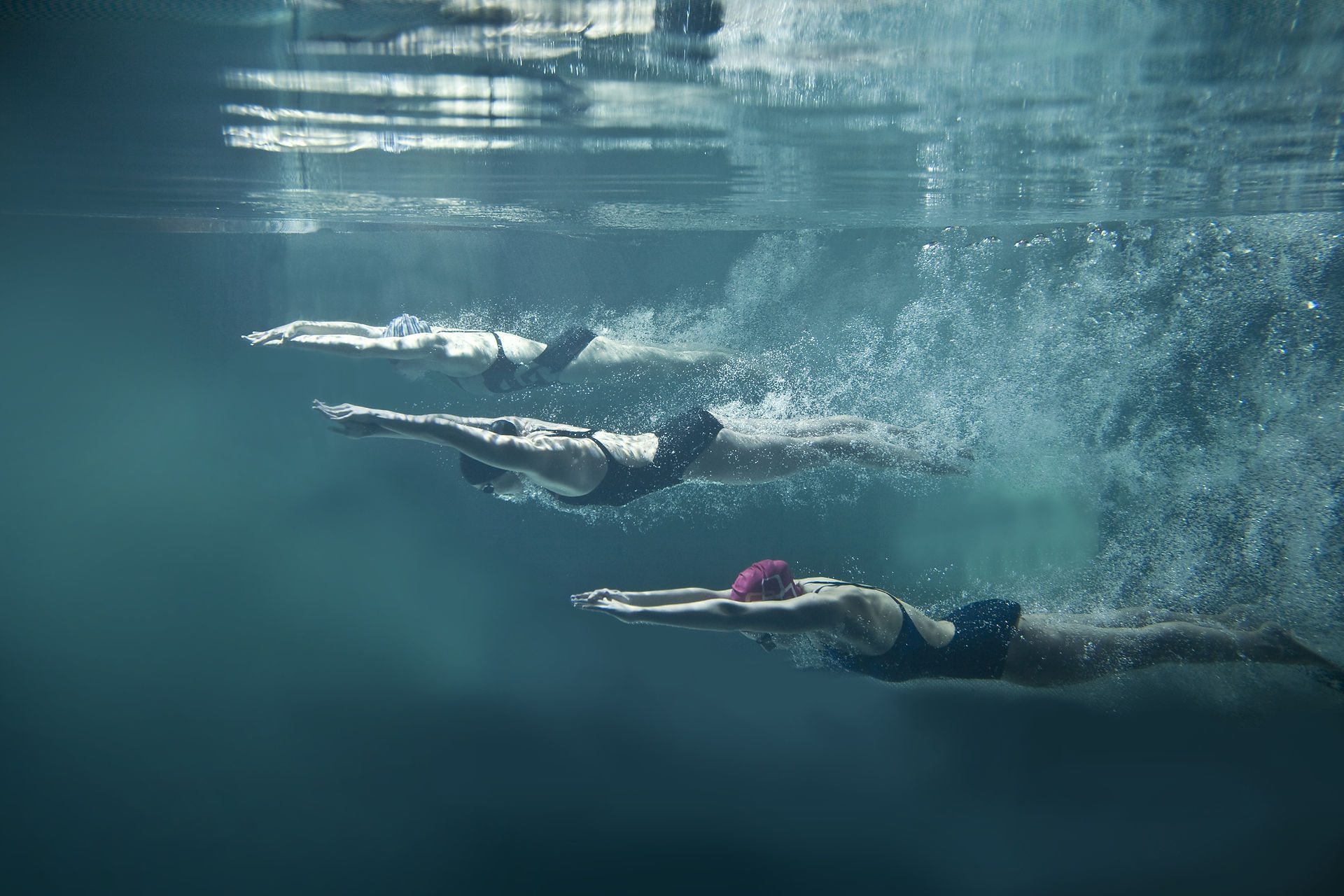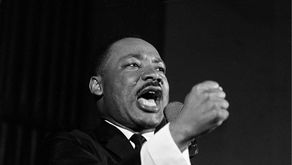Running While Black
- May 11, 2020
- 5 min read
“I’m the closest thing I have, to the voice of reason.” Gil Scott Heron
[I finished this post around noon on Thursday, May 7th and went to the NAACP protest at the Glynn County courthouse the next morning. In between, the Georgia Bureau of Investigation (GBI) arrested the McMichaels so I have altered some wording here and there.]
Here is what we know: on the afternoon of February 23, 2020, 25-year-old Ahmaud Arbery was jogging in a subdivision in the city of Brunswick in Glynn County, Georgia. He was shot and killed by Travis McMichael after he and his father, Gregory McMichael, chased him in their truck and confronted him. Arbery was African American, the McMichaels white.
Arbery was unarmed at the time, and according to the police report, the father-and-son “vigilante” team suspected him in a string of burglaries in their subdivision (even though there had only been one burglary reported in the 7 weeks prior to the shooting), so when they saw him jog by, they armed themselves, hopped in their truck and gave chase. The men were finally arrested, over two months later, and charged with murder and aggravated assault.
The original prosecutor was Jackie Johnson, who refused to press charges and soon after recused herself from the case. One of the key themes during the NAACP protest was a demand that Ms. Johnson either step down, or be officially removed from her position.
George Barnhill, the second prosecutor assigned to the case, told the police that the pursuers had acted within the scope of Georgia’s citizen’s arrest statute, and that Travis McMichael, who held the shotgun, had acted out of self-defense; once the men confronted Mr. Arbery, he struggled to take the gun away from McMichael and McMichael shot him at least twice. Barnhill wrote that since Mr. Arbery was a “burglary suspect,” the pursuers, who had “solid firsthand probable cause,” were justified in chasing him under the state’s citizen’s arrest law.
Mr. Barnhill has also since recused himself, after concerns about a conflict of interest arose- the elder McMichael was a former Glynn County police officer and a retired investigator in the Brunswick district attorney’s office. But before he relinquished the case, Mr. Barnhill argued that Georgia law states, “A private person may arrest an offender if the offense is committed in his presence or within his immediate knowledge.” Neither option applies here.
At the time, there was little outcry in the area, and none nationally. The Rev. John Davis Perry II, the president of the Brunswick chapter of the NAACP, called the shooting “troubling.” That’s it… "troubling". The elder McMichael is well-connected in the law enforcement community in Glynn County, and the incident dropped off the radar. It didn’t make the news until the New York Times reported it two months later. Presumptive Democratic presidential nominee Joe Biden referenced it a little later, in early May, after video of the confrontation surfaced online. Note: The men weren’t arrested after the police and prosecutors saw the video- they were arrested after everyone else saw the video.
Why has it taken over 10 weeks for national news outlets to pick up on this? If two African American men chased and killed a young white man who was jogging in their neighborhood, could anyone suspend belief so far as to claim it would not have been pursued and prosecuted? After all, people of color get arrested everyday with far less evidence.
In fact, on May 5th, the Georgia Bureau of Investigation announced the Glynn county police department had not even asked them to investigate the shooting, but rather, they were asked to look into threats against those involved in the investigation within the police force.
The third District Attorney assigned to the case, Tom Durden, announced recently he planed to submit evidence to a grand jury, but not until mid-June at the earliest, due to Covid-19 restrictions. This is perplexing- he was essentially saying he couldn’t do anything because no grand or trial juries are allowed to be empaneled until June. So no arrests are allowed to made until Corona is over? It’s an absurd conclusion. As such, the GBI made the decision and arrested the McMichaels.
Here are my concerns:
* All accounts on record come from the killers. Mr. Arbery is dead and no one associated with him was present to offer any conflicting testimony. Therefore, the only record of events comes from the shooter and his father, a retired local police officer and investigator for the same District Attorney’s office that is tasked with the prosecution. There is apparently a witness who filmed the scene, William “Roddie” Bryan, and he is currently under investigation.
* The killing went relatively unnoticed until Bryan’s video ended up being released by a Georgia defense attorney. Similar to cameras worn by police officers and in their cars, this allows for an increased level of transparency. But how many people were killed in the past in similar fashion that no one heard about?
* And of course, it makes no difference if he was guilty of burglary. The police should handle it, and watching someone jog by, comparing it to surveillance video, is not probable cause for a civilian. Indeed, an attorney for the Arberys stated the McMichaels appeared to be the aggressors in the confrontation, and such aggressors were not justified in using force under Georgia’s self-defense laws. In an interview for the New York Times, Mr. Moore stated, “The law does not allow a group of people to form an armed posse and chase down an unarmed person who they believe might have possibly been the perpetrator of a past crime”.
* Finally, and perhaps most importantly, I emphasize the insights of the sociological perspective on such matters. By design, sociologists study society at the structural and institutional levels. Individual actors are certainly relevant, but a more pressing concern is how our society has developed to allow for these tragedies to occur. Rather than strictly focusing on the individual victim (Why was he there? Was he armed or not? Did he have a criminal past?) or the individual perpetrators (Were they racists? Why did they get out of the truck to confront the jogger? Did they think all black men look alike and that was close enough for them?), a more fruitful approach is to examine the social forces that grant impunity to well-connected white men when they kill a young African American man out of fear of potential property crimes, and face no repercussions for their repugnance.
The attribution of the quote, “a system cannot fail those it was not designed to protect” is murky, but it’s relevance here is not. Since its inception, the criminal justice system in America has failed people of color and the poor, while favoring powerful whites. The events in southern Georgia in 2020, just as in 1920 and 1820 and 1720, affirm that we continue to live in a racist society that often considers itself post-racial.
One of the speakers at the NAACP protest was Joyce Marie Griggs, who is running for Senate, and she asked the crowd to join her in chanting “I mourn the death of justice”. But when was justice actually alive for people of color? Another speaker said “we need to persevere. Our elders suffered to bring us to where we are and we must continue the fight.” But where exactly are we? A black man jogging just wants to be treated like a white man jogging and instead is hunted down in broad daylight. As James Baldwin famously asked, “how much time do you want for your progress?”.
[Photo credit: Glynn County Sheriff's Office via FOX Television Stations/Getty Images]







This is a case that his both a lynching and a hate crime (though those are often the same thing, especially historically). Is anyone surprised it happened in Georgia, the state with the second highest numbers of lynchings (following Mississippi, the worse offender of all)? In history, we learn "everything old is new again," as history consistently continues to repeat itself. However, it is infuriating to know and see that this type of violence not only continues to happen but also continues to be explained away, let alone defended! Such realities frustrate and enrage me personally, but also embarrass and shame us as a nation.